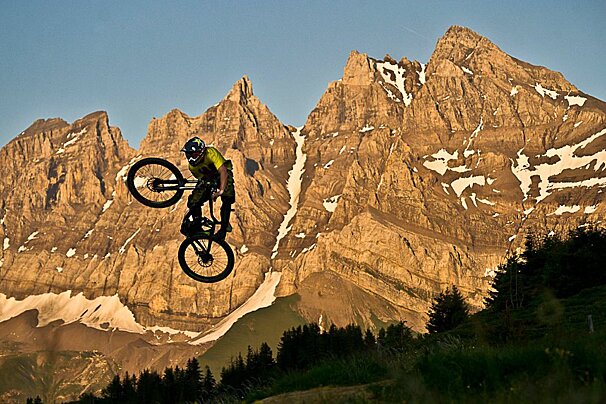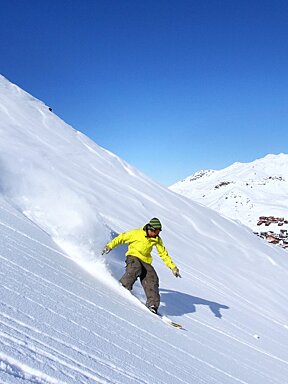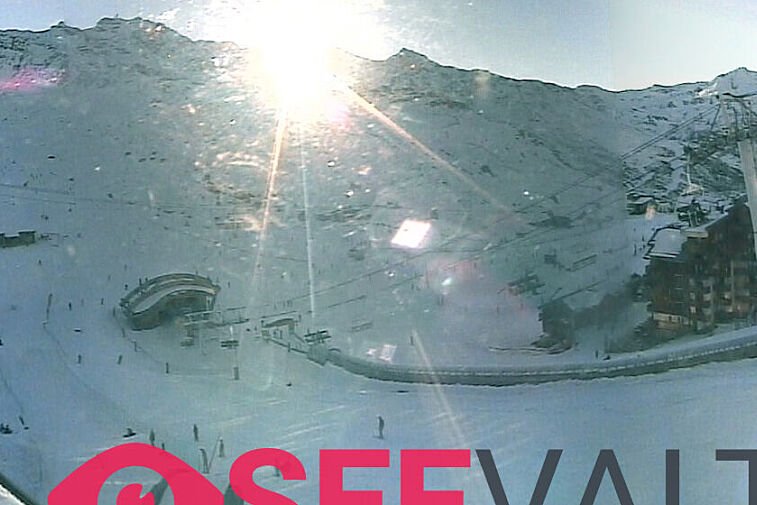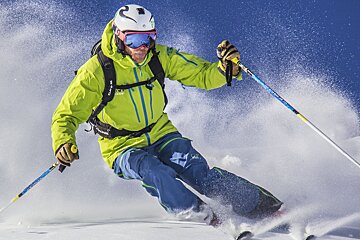
© Avoriaz Alpine Ski School
What are the ten rules of ski safety?
Staying safe on the piste is extremely important
It's never too late to remind ourselves of the ten FIS (International Ski Federation) rules.
Skiing and snowboarding, like all sports entails risk, but the FIS guidelines for the conduct of skiers and snowboarders essentially provides a highway code for anyone using the pistes that should be followed at all times.
Internationally recognised, you are obliged to be familiar with them and to respect them, and failure to do so could expose you to civil and criminal liability in the event of an accident.
- Respect for others: Those using the pistes must behave in such a way that they do not put others in danger or harm them, either by their behaviour or with their equipment.
- Control of speed and behaviour: You must move in control at all times, adapt your speed and behaviour to suit your personal abilities as well as the general conditions, the state of the snow and the density of the traffic.
- Choice of direction: A skier or snowboarder who is coming from behind is in a position which enables him/her to choose a course; they must therefore make a choice so as to preserve the safety of anyone ahead of them. The skier or snowboarder in front has priority and those behind must keep sufficient distance to allow them to make all movements freely.
- Overtaking: Overtaking can be done from above or below, on the right or on the left, but the person overtaking must always allow enough space for the voluntary/involuntary movements of the person they are overtaking, even if they are stationary.
- Starting off: When entering a marked run, starting again after stopping, moving upwards on the slopes or where pistes cross, all users must, by looking uphill and downhill, make sure that they can start off without endangering themselves and others.
- Stopping on the slope: All stops must be made at the side of the slope. All users must avoid standing in passages which are narrow or where there is no visibility; in the event of a fall they must get off the piste as quickly as possible.
- Climbing and descending on foot: Those going up or down a piste on foot must use the edge of the piste to avoid becoming an obstacle for other skiers and snowboarders. Footprints damage the piste and can also cause danger to others.
- Respect for markings and signs: Users must take notice of markings and signs.
- Assistance: Anyone witnessing or involved in an accident must give assistance, particularly by raising the alarm. If need be, and at the request of the first-aid people, they must put themselves at their disposal.
- Identification: Anyone witnessing or involved in an accident must make themselves known to the emergency services and/or third parties. Swapping details (names and addresses) with each other must take place.
It's also important that you make your children aware of the importance of skiing and snowboarding safely, so why not watch the short film below together.
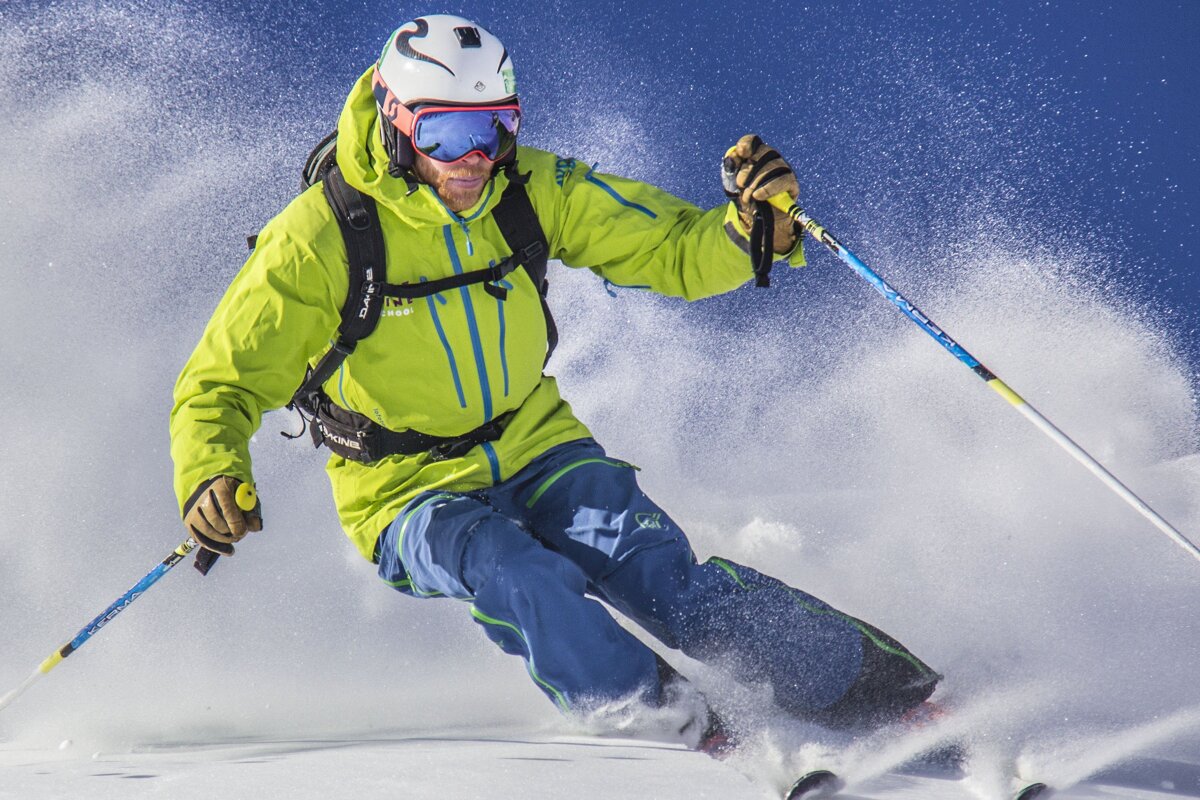
![[itemref] living-room](https://cdm0lfbn.cloudimg.io/v7/_images_base_/image_uploader/arkiane/original/inter_00210069.jpg?ua=1579868382&p=carousel)











